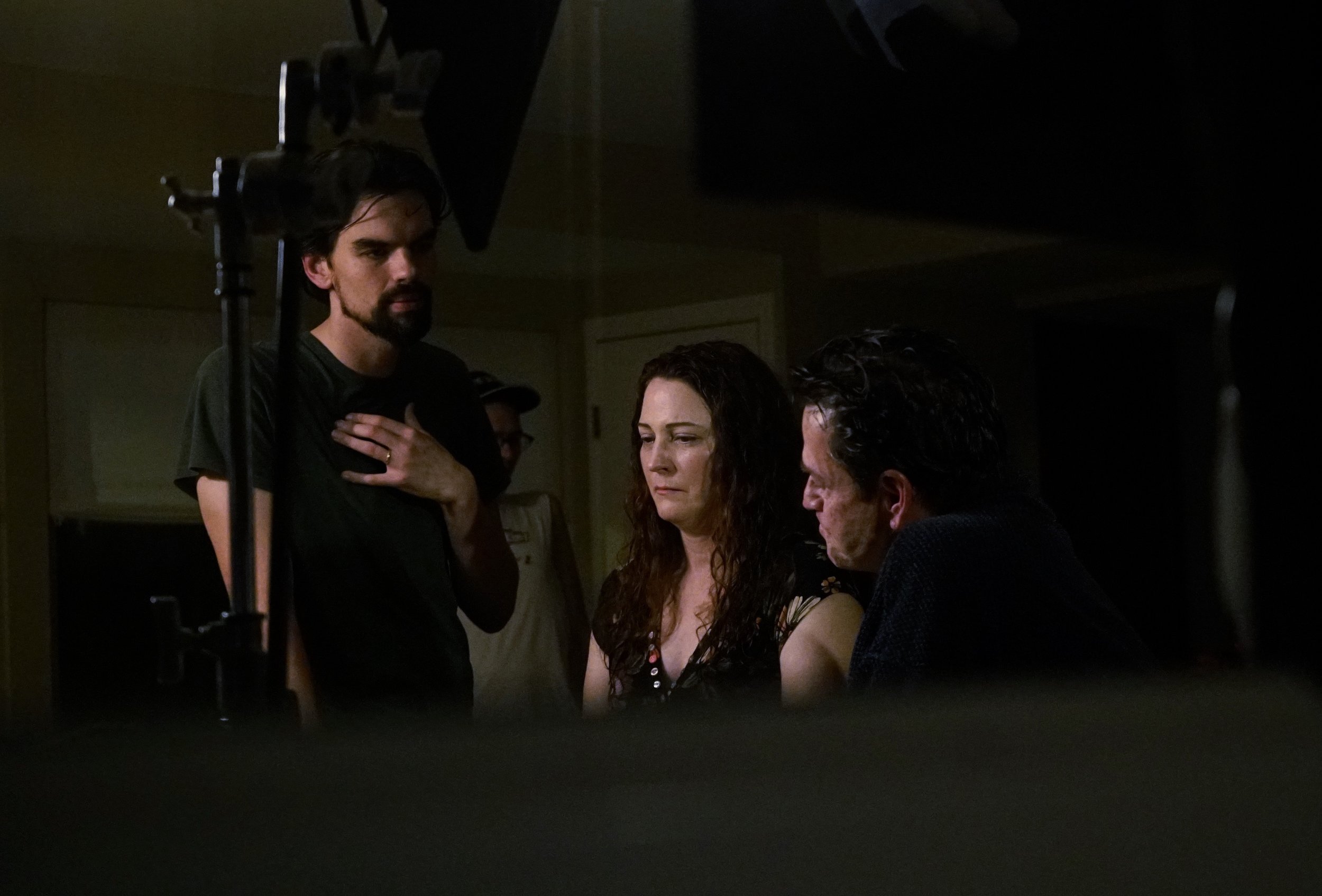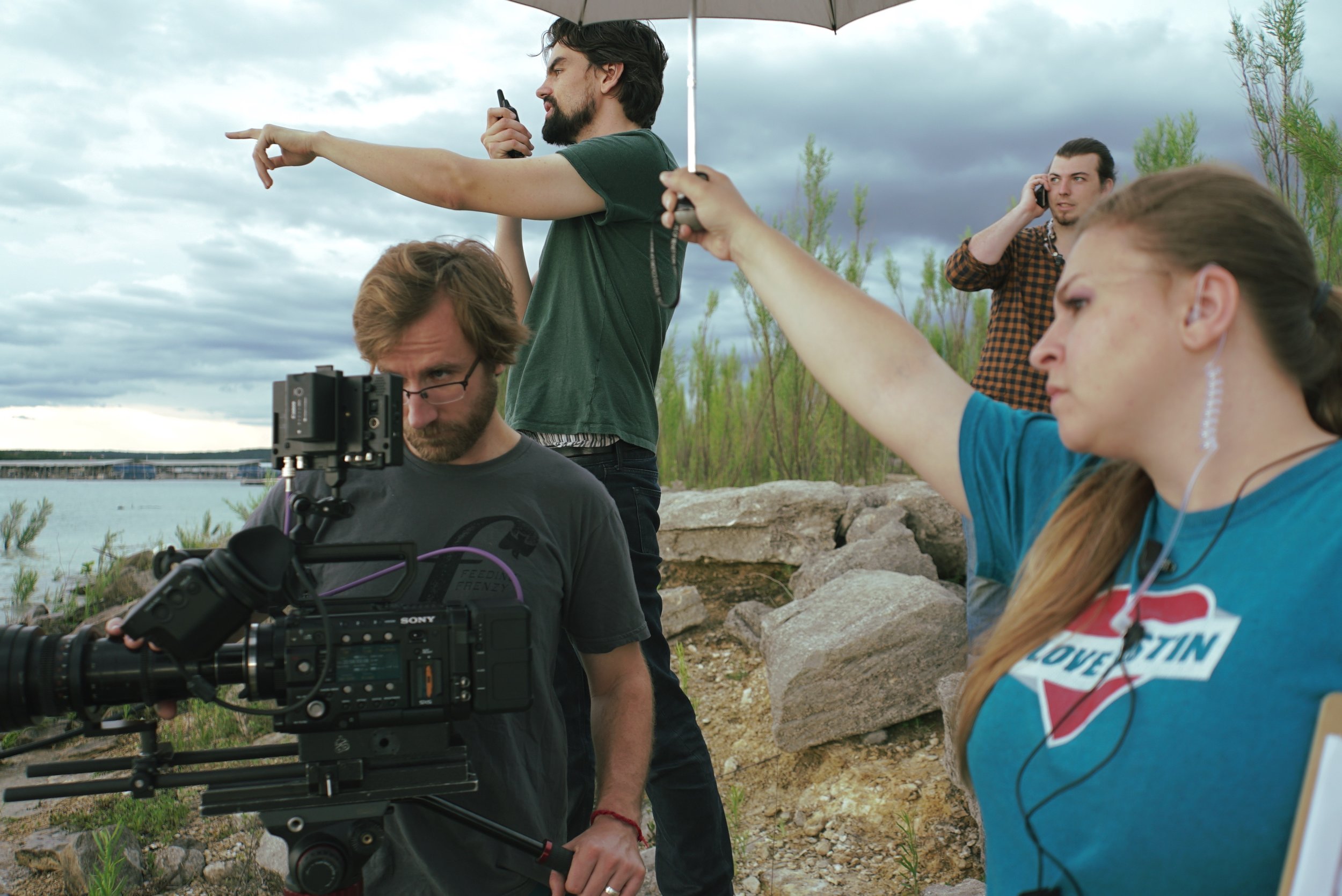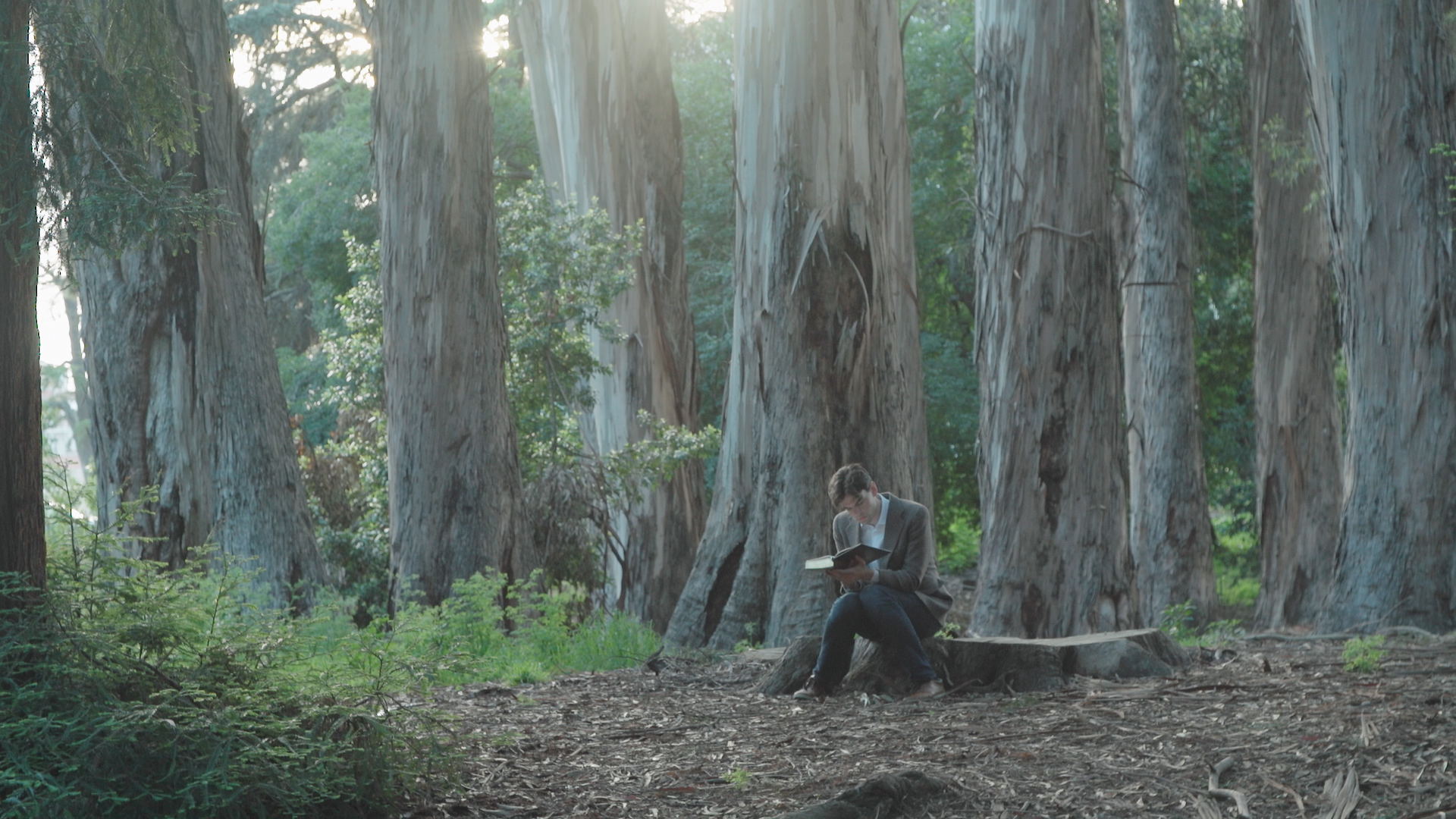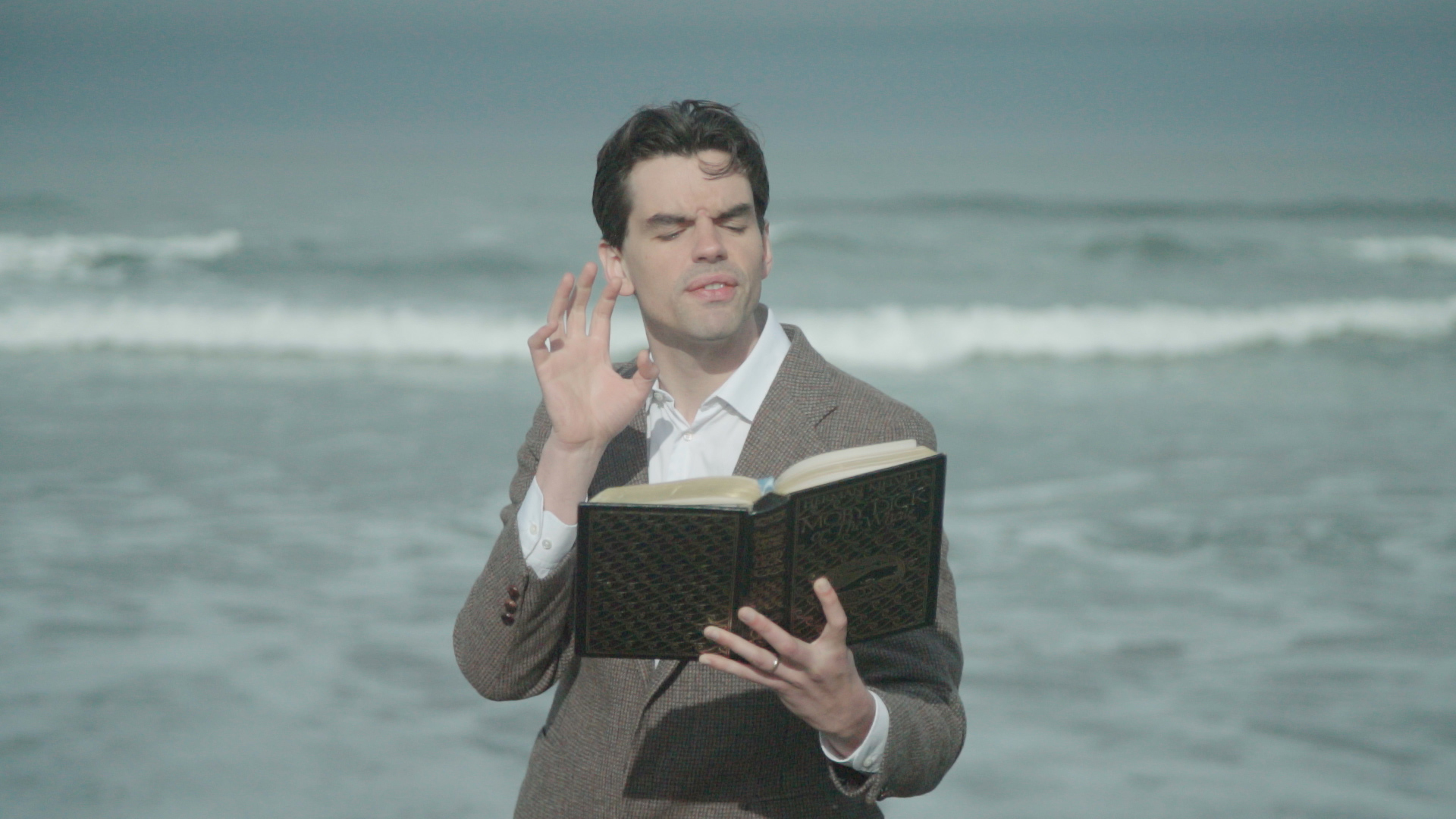MEMBER MONDAYS | Mark Blumberg
MEMBER MONDAYS is a weekly interview series highlighting current members & alumni of the Austin School of Film + Austin Cinemaker Space community! Each week, we’ll be featuring one of our incredibly eclectic community members, and doing a deep dive into their work. Insight into what makes them, them. Mark Blumberg, a UT MFA in Film Production alum, sat down with us this weekend to talk about his upcoming documentary film The Act of Reading, as well as deep dive into his life before filmmaking.
I read that you were a neuroscience lab tech. So just how does one go from lab tech to filmmaker?
Mark Blumberg: I actually had a mixture of undergraduate experiences — I started off as a Vocal Performance major at Westminster Choir College and decided early on I wanted a proper liberal arts experience, so I transferred to Hampshire College in Amherst, Massachusetts, which is a great place to try on a lot of different hats and shape your education around whatever is driving you. The freedom of the place was really energizing — I studied everything, including film, but ended up with a "Neuroscience & Music” concentration.

This conveniently allowed me to get a pretty cool job at NYU, implementing psychology experiments on epilepsy patients going through brain surgery. A couple months into this job, my sister died after a six-year battle with cancer, so the fun of psychology was now deeply tested by my mixed feelings about hospitals. I started working on my bucket list and ended up in France for an Ironman triathlon. After that was done I was wandering around Europe with my first bit of unstructured time since the death of my sister and somehow finally figured out that life was only as complicated as you make it, and you are either doing the thing you want to do or you’re not. I saw a sign in Paris that said 'this was the studio of Pierre Auguste Renoir,' and then I decided to focus on making films.
That is quite the journey! What was the first film you produced?
MB: I made my first film in Brooklyn. It was a bilingual French/English film called Auteur Theory, and it was about consciousness. I thought that if I put a bunch of things I liked in front of a camera, that would be a film. At the time I really liked the idea of French covers of Gershwin tunes.
My first film at UT was about a librarian and historian in Columbus, Texas who’d dug up a number of dark histories related to the town. He had recently passed away unexpectedly, so the people in Columbus were much more keen to talk about him than the double-lynching he uncovered. The ‘likes’ of my previous film was dwarfed by the clearly evident love people felt for this man, and the project evolved into a sort of gentle, humorous eulogy as well as portrait of the town.
After that I produced a handful of narrative shorts that were all experiments in their own way. At the point of my thesis, I felt like I’d alienated enough people and that it was time to make a film that would actually connect. That turned into Flown.

For those who don't know, Flown is about a former astronaut's adjustment to civilian life being upended by the death of a young test pilot. Where did that film come from?
MB: Well, I’d just gotten married at that time, and when you write your own vows you just have to say stuff as clearly as you can even when you’re sobbing. So the idea was just to try to make a film that had a clarity to it, even an emptiness. And the protagonist is seeking this distance and clarity while his Earth-life is filled with loss, aging, boredom.
And what about your current project, The Act of Reading?

MB: This is a personal documentary about trying to make amends with my high school English teacher after I failed her class fifteen years ago. I engage her in a make-up project, which ends up being this digressive, feature-length presentation on Moby-Dick and the science of reading. It’s about everything Moby-Dick is about — obsession, masculinity, racism, America, how we deal with the past — but it’s also about what happens in a normal high school classroom. We are still shooting and editing, so it can go in a number of different directions. Trending towards stoner comedy, currently.
How will your IMDB read in 10 years from now?
MB: You’d see two documentaries, four narratives, and two wacko hybrids that nobody is going to like. I learn a lot from those.
A theme that comes back quite often, and perhaps is influenced by my sister’s battle with cancer, is that I like characters who have experienced some sort of major loss or vacancy and then have to find a way to come out of that. It’s not that unique. You see this in movies all the time. But whenever I write, this always comes out—even when I think I’m writing something else.
One last question—how has it felt to switch from neuroscience to film?

MB: It felt like an accomplishment, though it was definitely scary. I had to give up a life where I was able to live in New York and still have a savings account. Now we’re in Austin, poor grad students, spending money on film — actual film for some reason — definitely getting poorer. Somehow this has been a really happy time for me. I’ve let go of a lot. Every film has been an act of letting go.
INTERVIEW BY: STEPHANIE FRANKS

